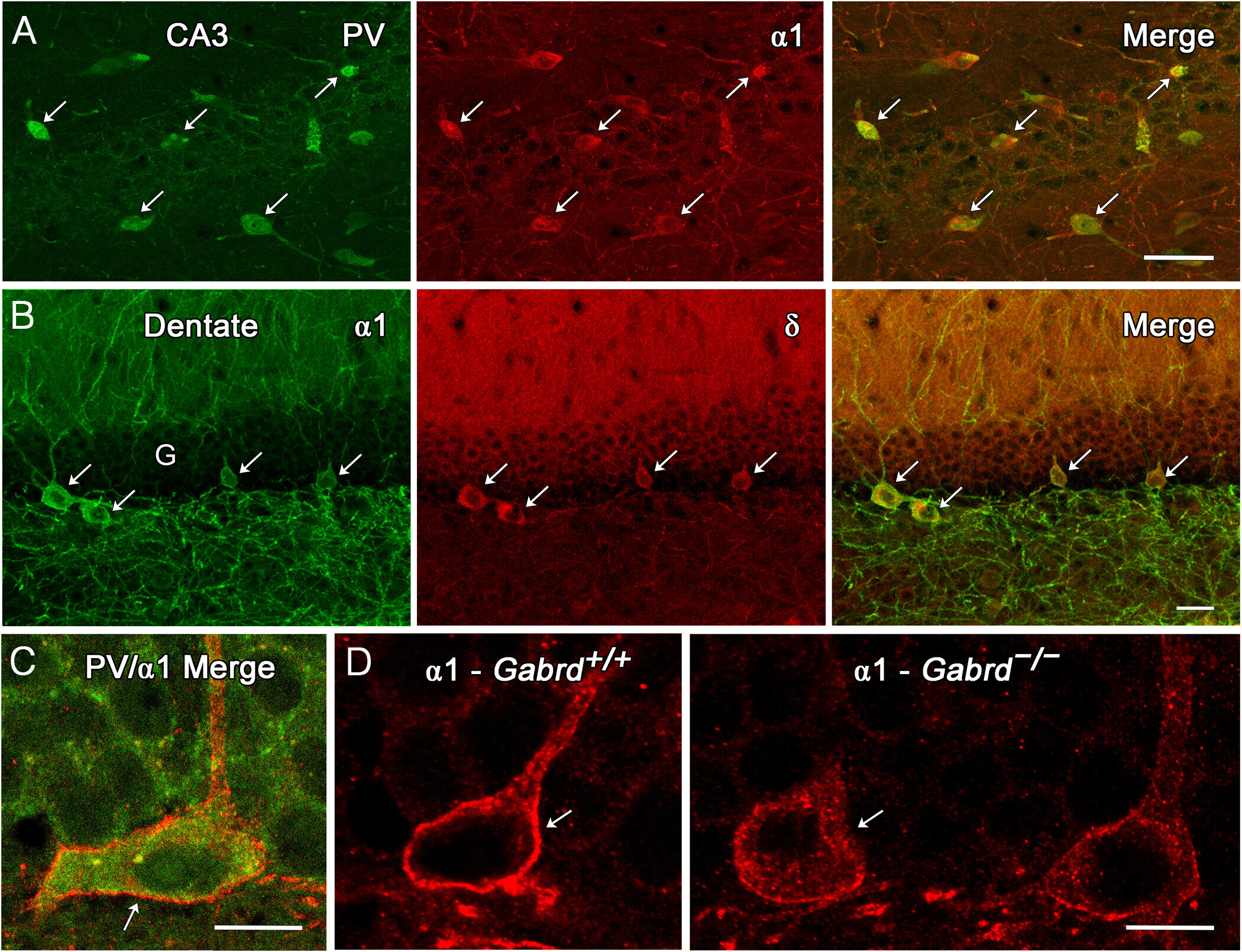The molecule, DDL-920, works differently from recent FDA-approved drugs for Alzheimer’s disease such as lecanemab and aducanumab, which remove harmful plaque that accumulates in the brains of Alzheimer’s disease patients. While removing this plaque has been shown to slow the rate of cognitive decline, it does not restore memory and cognitive impairments.
“They leave behind a brain that is maybe plaqueless, but all the pathological alterations in the circuits and the mechanisms in the neurons are not corrected,” Mody said.
Someone buy that mouse some flowers.
Algersome?
I understand this context! I just finished reading that book! lol
Now who in the hell downvoted you?
Enjoyed your reply and enthusiasm.
Did you enjoy the read?
Now who in the hell downvoted you?
Oh I posted a Green Party news article in the politics sub.
That and my username upset some people so much that they have made it a mission to downvote whatever I post, regardless of content, within seconds of me posting. lolol
I posted a supporting post about teachers and special education children the other day, and even that got 27 downvotes with no replies. lolol
Oh Lemmy, never change…sigh…
Did you enjoy the read?
But yes, I did enjoy the read. So I had always heard about the book title and stuff, and references would pop up now and then. But I never actually knew what it was about or or even bothered to look into it.
I support Little Free Library stops in my area, and noticed it in there. So I took it and finally found out about it.
Why did I not read this book sooner?! Such and interesting way to tell the story, and great story. Told my son about it, and now he’s reading it. :)
EDIT: And hey look! My downvoting team followed me here for this comment too! LMAO
Anyone with a proper background would be kind enough to speculate whether this could lead to a possible cure?
I’m not in this field, but I mean, this one seems like all the other headlines we’ve read about on this topic, only for them to be dead ends. Mouse models are notoriously fraught, especially in the Alzheimer’s context. Wake me up when they have treated humans in vivo.
Thank you for clearing it up. Unfortunately it does seem like another research dead end
I wouldn’t call it a dead end. It’s the kind of small discoveries that, when put together with all the past and future small discoveries, will eventually lead to progress.



